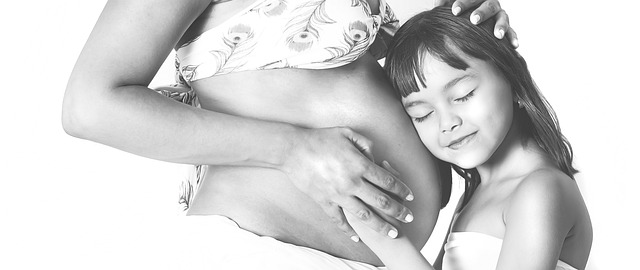Acupuncture, one of the oldest healing practices in the world, is becoming increasingly popular as a complementary approach to Assisted Reproductive Technologies (ART). While scientific backing for acupuncture may be limited, many patients are so convinced of its benefits that they rush to their Traditional Chinese Medicine (TCM) practitioners for immediate sessions right after IVF implantation.
Acupuncture is just a part of TCM, which also includes herbal remedies, pelvic massages, and dietary changes aimed at promoting overall health. For over 4,000 years, TCM has been a choice for nearly a quarter of the global population seeking primary healthcare. In Western cultures, acupuncture is often praised for its quick relief from various ailments, such as chronic back pain and sports injuries. During a session, tiny sterilized needles are gently inserted into specific points on the body, left in place for about 20-30 minutes. Patients often describe the sensation as minimal, but the needles are said to enhance Qi (pronounced Chee), the vital energy linked to improved blood circulation and the harmonious function of body systems.
Research on Acupuncture and IVF
A couple of research studies have looked into acupuncture’s impact on IVF. The most notable was published in the journal Fertility & Sterility in April 2002, which involved 160 IVF patients in Germany. In this study, half of the participants received acupuncture before and after embryo transfer, while the other half did not. The results revealed that 34 out of 80 women who received acupuncture achieved clinical pregnancies (42.5%) compared to 21 out of 80 in the control group (26.1%). While the exact physiological mechanisms remain unclear, it’s thought that acupuncture helps to optimize endometrial receptivity and boosts blood flow to the pelvic region.
According to TCM principles, energy flows through the body along pathways known as meridians. Acupuncture aims to enhance this energy flow and encourage the body to respond positively, leading to favorable physiological outcomes. Ideally, TCM practitioners recommend starting acupuncture treatment 3-4 months before an IVF cycle rather than as a last-minute option.
Finding the Right Practitioner
For those interested in acupuncture, it’s advisable to seek out certified TCM practitioners who can work alongside your fertility specialists. At our center, we encourage patients to explore acupuncture and can provide recommendations for skilled practitioners in the area. However, we advise against the use of any herbal supplements that may be offered alongside acupuncture when undergoing fertility treatments. Most TCM practitioners agree with this guidance and will coordinate treatment plans with your physicians.
Further Reading
If you’re eager to dive deeper into fertility-related topics, you might want to check out our other blog post on poetry and parenting, which can be found here. Additionally, for those looking to boost their fertility, you can find valuable information on supplements at Make a Mom. For a comprehensive resource on planning your baby journey, the March of Dimes offers excellent insights on fertility treatments that you can explore here.
Conclusion
In summary, integrating ancient techniques like acupuncture into modern fertility treatments may provide additional benefits for those undergoing ART. By understanding and utilizing these holistic approaches, individuals can enhance their overall well-being and potentially improve their chances of conception.

